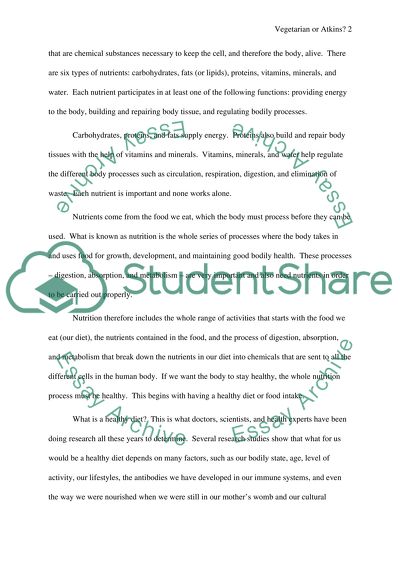Cite this document
(Healthy Diets Literature review Example | Topics and Well Written Essays - 1750 words, n.d.)
Healthy Diets Literature review Example | Topics and Well Written Essays - 1750 words. https://studentshare.org/health-sciences-medicine/1503389-healthy-diets
Healthy Diets Literature review Example | Topics and Well Written Essays - 1750 words. https://studentshare.org/health-sciences-medicine/1503389-healthy-diets
(Healthy Diets Literature Review Example | Topics and Well Written Essays - 1750 Words)
Healthy Diets Literature Review Example | Topics and Well Written Essays - 1750 Words. https://studentshare.org/health-sciences-medicine/1503389-healthy-diets.
Healthy Diets Literature Review Example | Topics and Well Written Essays - 1750 Words. https://studentshare.org/health-sciences-medicine/1503389-healthy-diets.
“Healthy Diets Literature Review Example | Topics and Well Written Essays - 1750 Words”. https://studentshare.org/health-sciences-medicine/1503389-healthy-diets.


